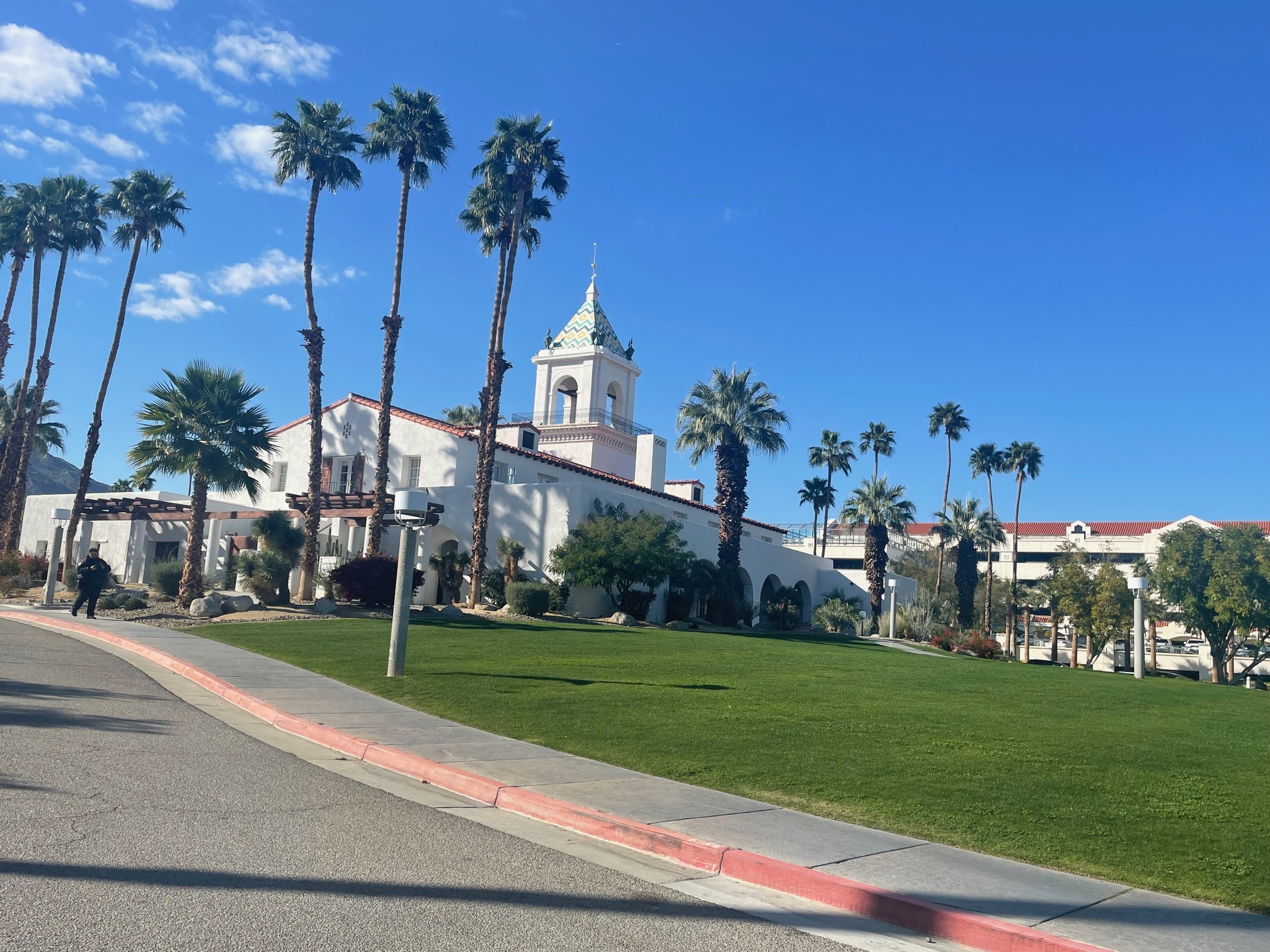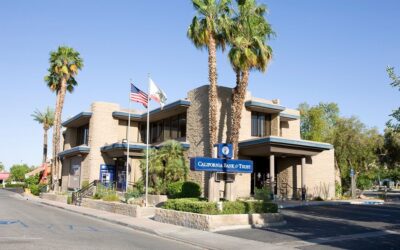The Desert Healthcare District (DHCD) has taken a significant step forward in shaping the future of healthcare in Greater Palm Springs. On May 28, the board of directors unanimously voted to advance negotiations with Tenet Healthcare (Tenet) over a new 30-year lease of Desert Regional Medical Center, a decision that will ultimately be placed in the hands of voters this November. This move comes after months of intense deliberations and public feedback, signaling a pivotal moment for the DHCD and the hospital.
Background and Context
The relationship between DHCD and Tenet dates back to 1997 when Tenet began leasing DRMC. This lease, set to expire in 2027, has been a cornerstone of healthcare provision in Greater Palm Springs. However, the prospect of renewing this lease – and the terms under which it should be renewed – has sparked considerable debate. Tenet’s initial proposal in September included a contentious provision that would allow the company to purchase the hospital at the lease’s end, a scenario some board members and community stakeholders found unacceptable.
Revised Proposal
After substantial revisions, Tenet presented an updated proposal that addresses several concerns raised by the DHD board and the public. Key elements of the new proposal include:
- Financial Commitments: Tenet will make an upfront payment of $100 million in 2027, increased from the originally proposed $75 million. This will be followed by annual payments of over $19.5 million, escalating each year. Over the 30-year lease period, these payments will total approximately $650 million.
- Hospital Maintenance and Upgrades: Tenet has committed to maintaining the hospital in compliance with state regulatory standards as they have been doing plus paying for state-mandated seismic retrofitting at a staggering estimated cost of more than $220 million. Additionally, the company proposes to invest in renovating the emergency department and admitting areas of JFK Memorial Hospital in Indio, with an estimated cost of $60 million.
- Operational Provisions: The lease includes conditions to ensure equitable access to care and maintenance of current hospital capacities.
The proposal retains the provision for Tenet to purchase DRMC at the end of the lease, a point that continues to draw mixed reactions.
DHCD Board Reactions
Board members expressed a range of sentiments regarding the proposal. Director Leticia De Lara emphasized the pragmatic aspects of the deal, acknowledging the challenges and financial risks the district would face if it chose to operate the hospital independently. Director Arthur Shorr highlighted the financial boon the deal represents, especially considering the $650 million infusion, which he described as “an extremely good deal.”
Feasibility of District Operations
A feasibility study by Gibbins Advisors underscored the substantial financial and operational challenges the district would face if it were to take over hospital operations. The report estimated that at least $219 million would be required for a successful transition, with significant risks including lack of upfront capital, potential operational disruptions, and increased debt burdens.
Next Steps
With a broad term sheet now agreed upon, the next phase involves drafting a detailed legal contract, which the board aims to finalize by July. This contract will then be presented to voters in the November 2024 General Election, allowing the community to have the final say on whether to approve the new lease.
Board President Evett Perez-Gil expressed a bittersweet acceptance of the proposal, recognizing its necessity while lamenting the eventual sale of DRMC to Tenet. As the board moves forward, the focus remains on ensuring that the community’s healthcare needs are met while navigating the complexities of this significant transition.
The CEO of Desert Care Network, Michele Finney, weighed in on the board’s decision. “We want to thank the Board of Directors for its decision to move forward with the latest proposal. They’ve spent a lot of time studying this issue, gathering input from the public, and it has resulted in a proposal that is really a win-win for everyone involved,” Finney said in a statement. “This plan would continue the great progress we’ve made in expanding hospital services for our community, and it would provide a very significant investment that the District can use to address healthcare disparities across the entire Coachella Valley. We look forward to working on the final documents and then taking this to the voters in November.”
As the November vote approaches, the ongoing dialogue between stakeholders will be pivotal in shaping the region’s healthcare landscape for decades to come.




